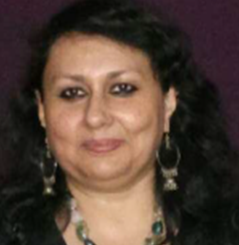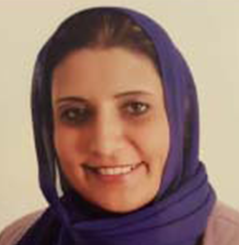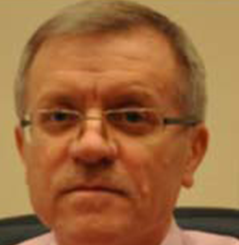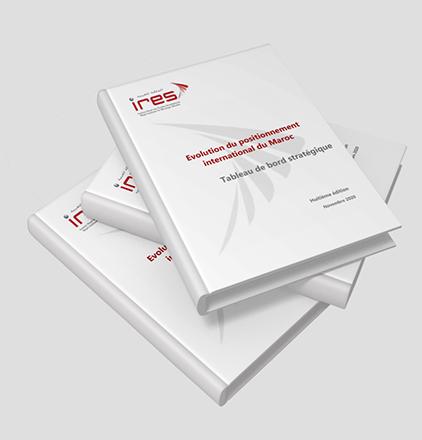
2017 PIP meeting
- Home
- Forum
- International Panel of Futurists
- 2017 PIP meeting
The Royal Institute for Strategic Studies organized, the second meeting of the International Panel of Futurists between 02-04 May 2017
Le panel 2017 a été constitué d'éminents experts. Il s'agit de :
For the Second Edition of the International Panel of Futurists, IRES decided to retain the most appropriate issues for Morocco, that were identified during the first meeting of the PIP held in 2016. The objective sought by IRES is to contribute to the reflection on public policies, in order to prepare Morocco to face the major meta-issues, namely:
- How to be together in the era of globality,
- Creativity and population explosion,
- Employment and value creation.
The methodological approach used to identify the main contours of each meta-issue consisted on:
- The identification of a common vision of each meta-issue, using a holistic approach,
- The qualitative assessment of the impacts, both positive and negative, of each meta-issue, taking into account the specificities of emerging and developing countries,
- Exploring innovative responses to address the negative consequences of this meta-issue while capitalizing on positive levers of change and building on successful foreign experiences,
- The identification of a grid of objective criteria to prioritize the responses identified and then to retain the most plausible and important ones.
Meta-Issue 1: How to be together in the era of globality
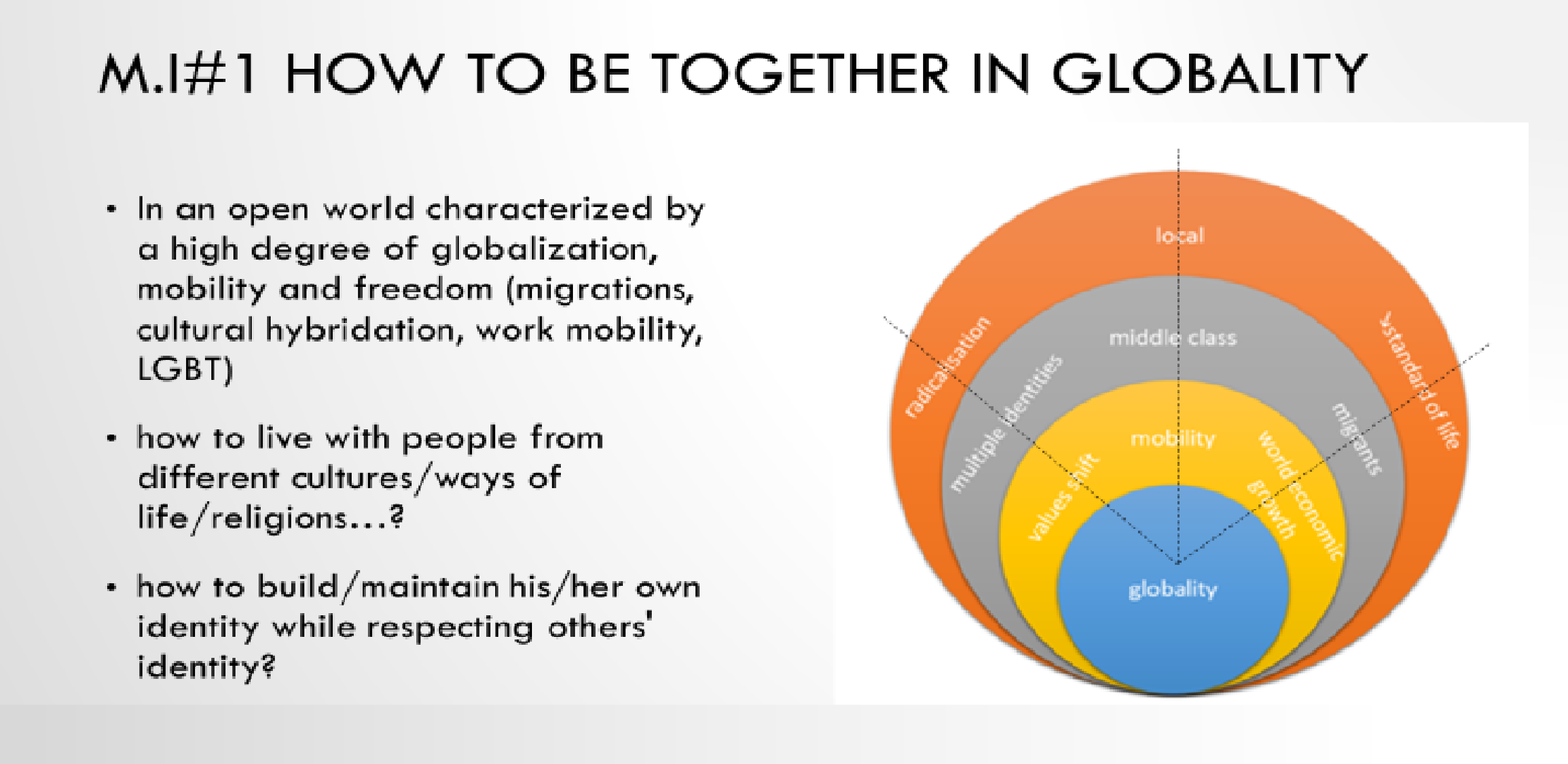
Meta-Issue 2: Creativity and population explosion
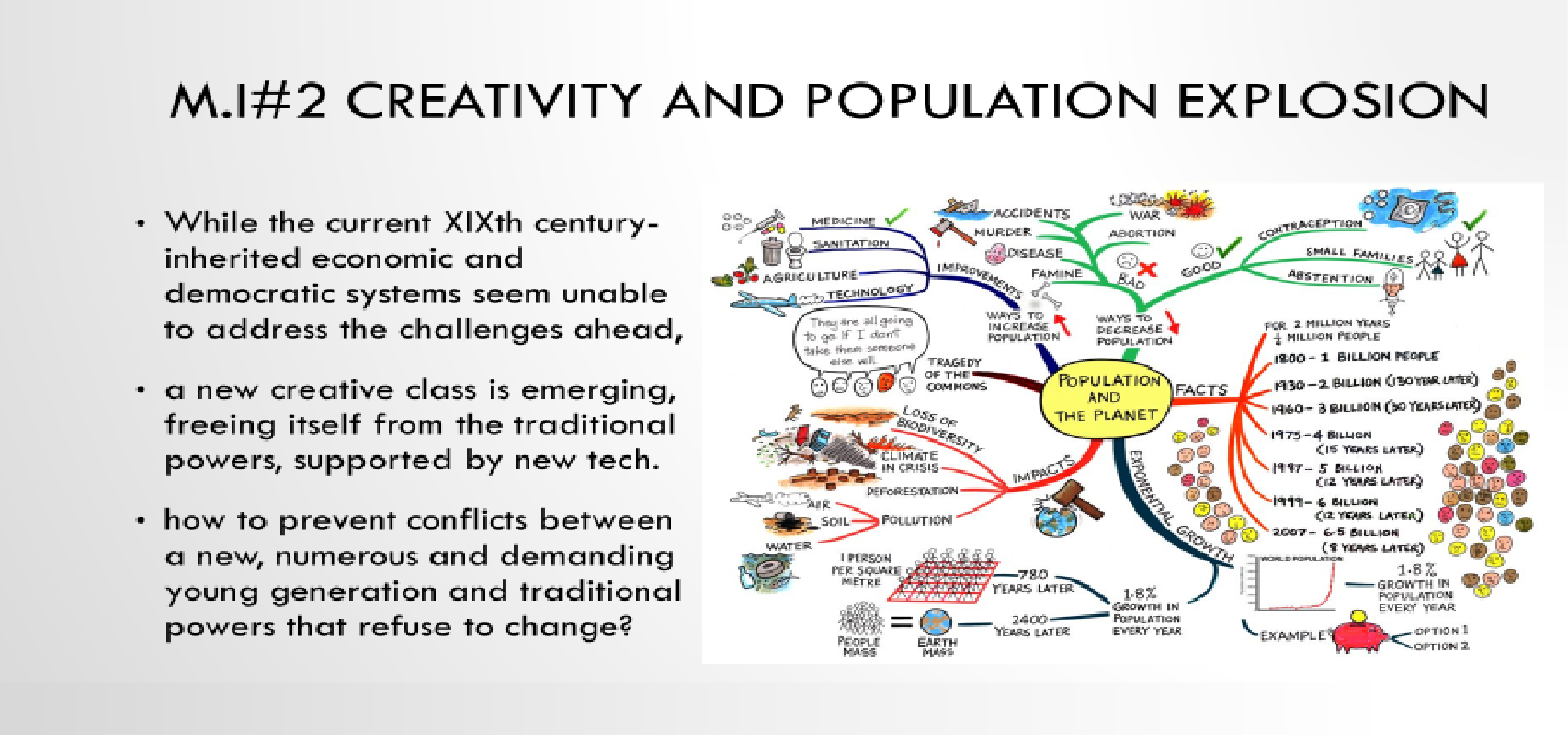
Meta-issues 3: Employment and value creation
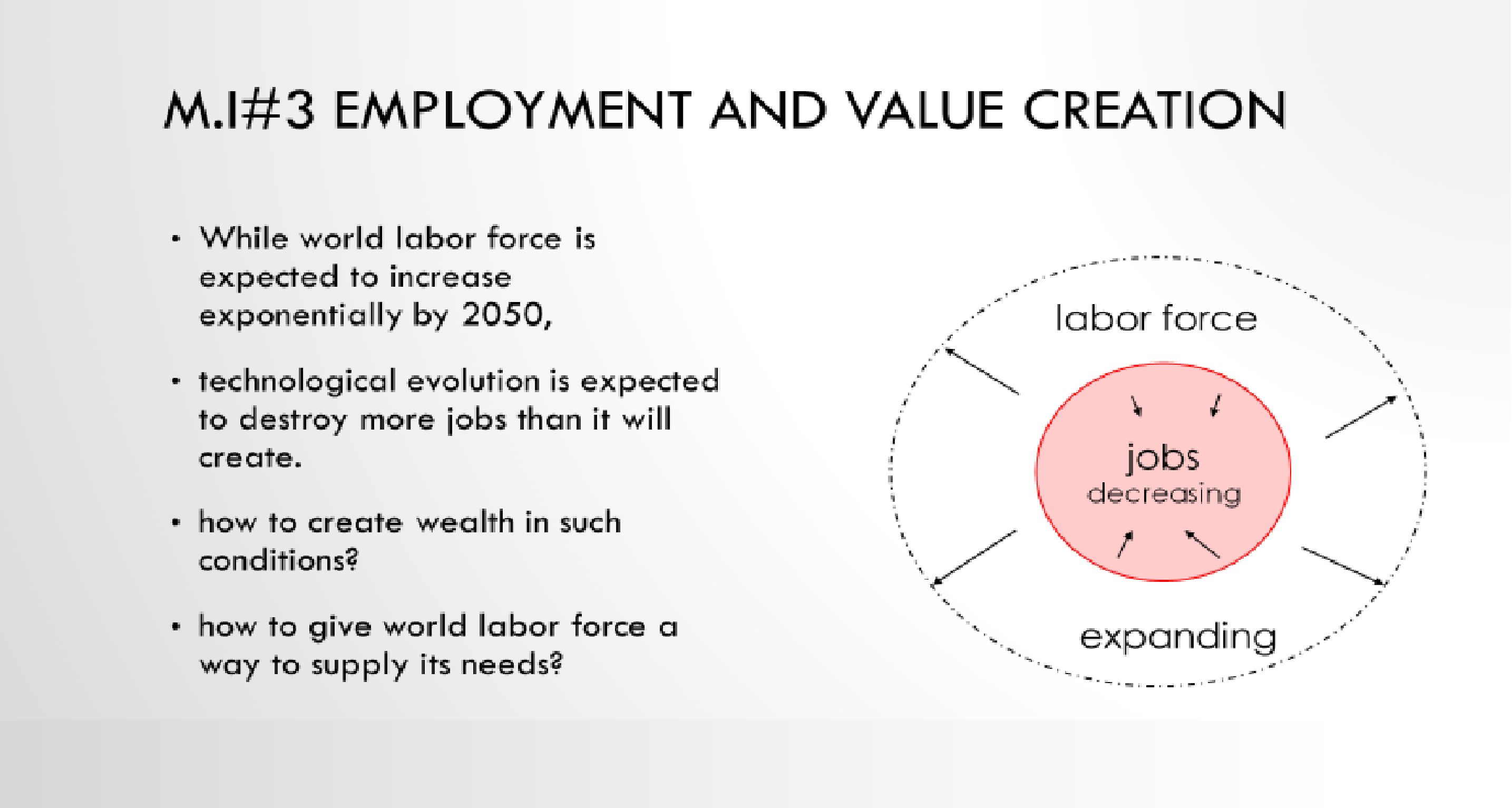
Common strategies to 2 meta-issues
Five response strategies are common to two meta-issues:
- The subsidiarity participative, which mean to tackle a given problem in an independent and participative way.
- A new model of income distribution that require rethinking employment, or disconnecting, in the future, the employment and income, also to set up a new form of economy, such as the sharing economy.
- The anticipation of the changes to solve the question of Human – machine.
- Building a bridge between formal and informal economy with mutual win-win. Indeed, the informal economy can provide positive aspects, such as serving as a social incubator or hub for start-ups.
- The implementation of early warning systems for both risk management, which can increase with climate change, and for potential social disorder
Common strategies to the 3 meta-issues
Three common response strategies were identified in response to the meta-issues:
- The crucial role of anticipation, mostly in an uncertain, complex and ambiguous world, where deep structural changes looming ahead.
- The importance of creating ecosystems and hubs and pooling efforts for this purpose. For example, to create ecosystems of entrepreneurship and innovation in new economic models, such as the sharing economy to respond to:
- the creation of intersectoral alliances within the ecosystem and in its interaction with the sharing economy, for example, (meta-issue 1),
- installing open creative hubs with infrastructure for creative people in cities and rural areas to do innovations (meta-issue 2),
- the problem of unemployment and value creation (meta-issue 3).
- The urgent implementation of specific educational and cultural programs to enable the next generation to cope with the major issues it will have to face up.
A conference was also organized by the Royal Institute for Strategic Studies at the National Library of the Kingdom, on May 4, 2017, entitled " Thinking ahead: Three meta-issues for 2030". The conference was attended by diplomats, senior representatives of public and private sector, as well as civil society actors and academic.
This meeting was attended by a public audience in order to encourage corporate ownership of the meta-issue’s challenges, and at the same time, to generate interest about the future thinking.
Presentations
These are panelist presentations at the public lecture:
Galerie Multimedia
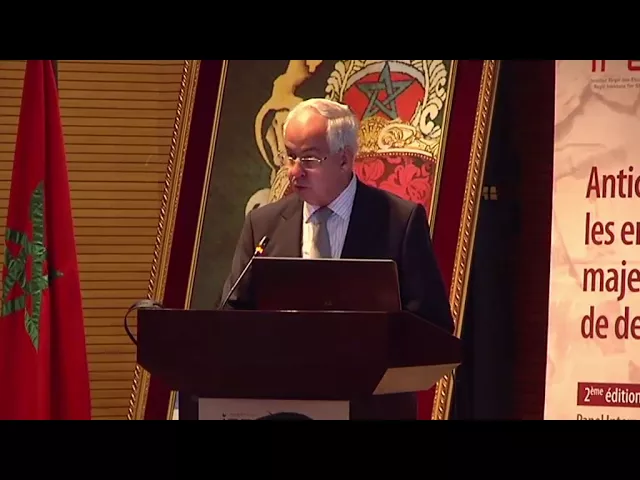
M. Mohammed Tawfik MOULINE Directeur Général de l'Institut Royal des Etudes Stratégiques

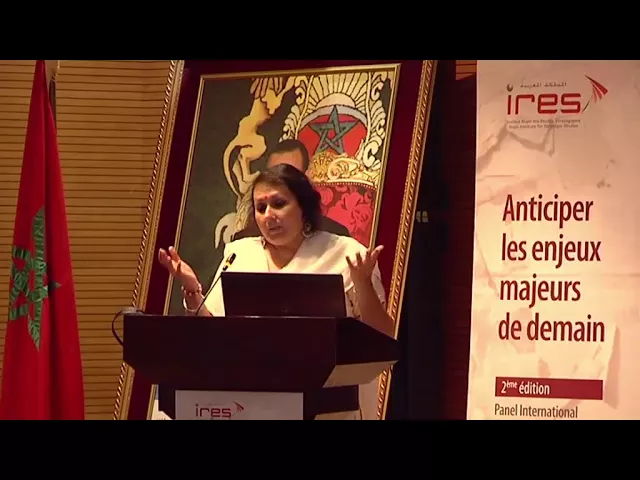
Mrs Aditi KAPOOR, Co-founder of Alternative Futures

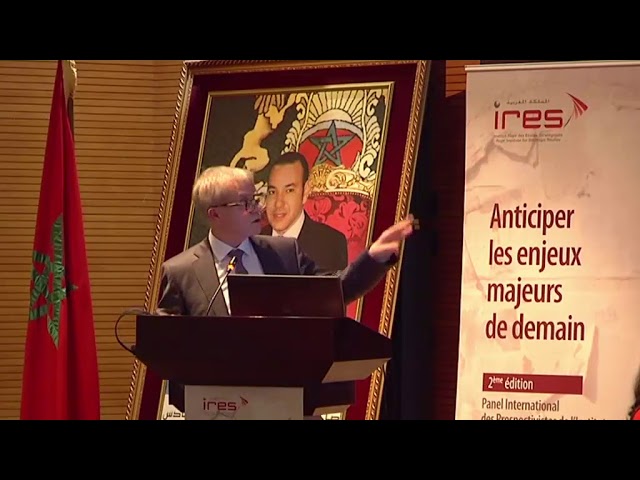
M. Alexander Sokolov, Professor at the National Research University Higher School of Economics (HSE)

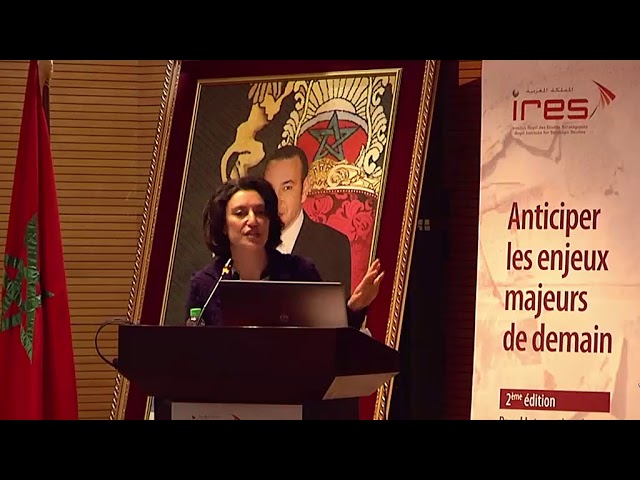
Mrs Amy Zalman, Principal of the Strategic Narrative Institute

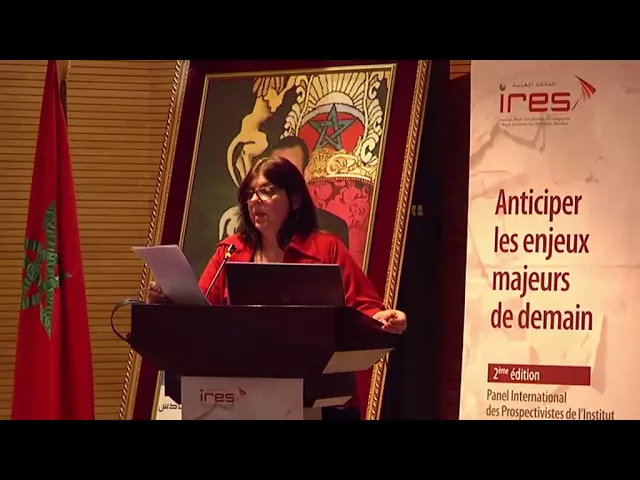
Mrs Rosa ALEGRIA, Vice-President of Futures Studies Research Group at Sao Paulo Catholic University

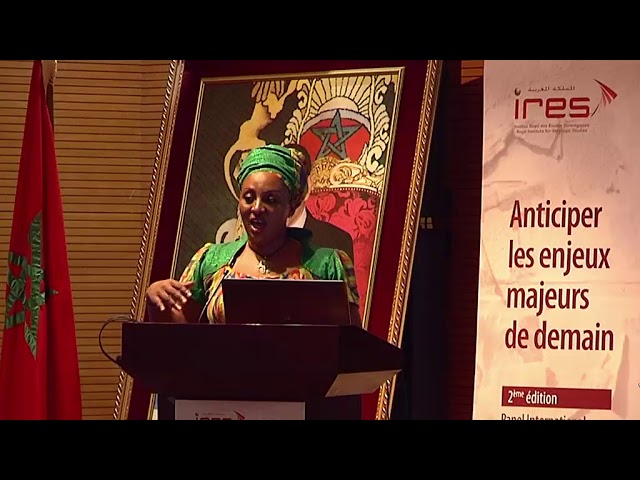
Mrs Sheila Ochugboju, Specialist Facilitator at Institute for Strategic Dialogue

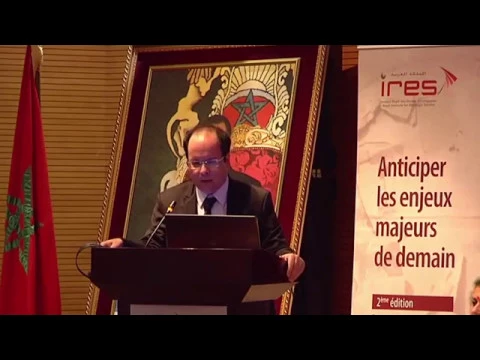
M. Victor Vahidi Motti, Member of the Executive Board of the World Futures Studies Federation

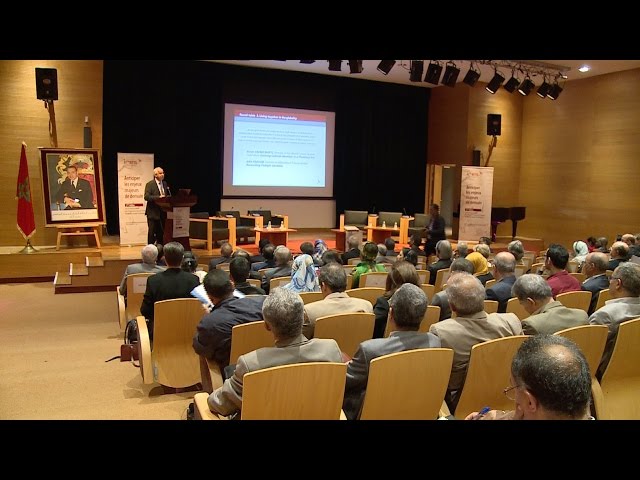
Des acteurs d’horizons différents se penchent sur les enjeux majeurs pour l’humanité

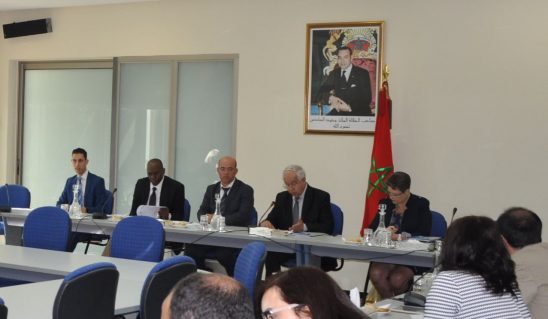
The second edition of International Panel of Futurists
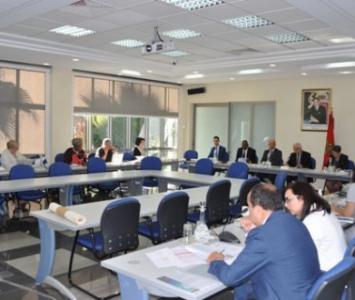 The second edition of International Panel of Futurists
The second edition of International Panel of Futurists
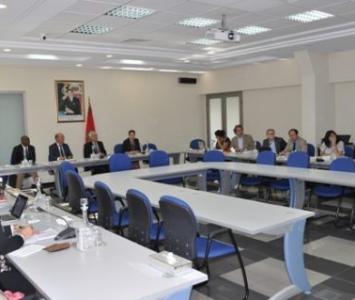 The second edition of International Panel of Futurists
The second edition of International Panel of Futurists
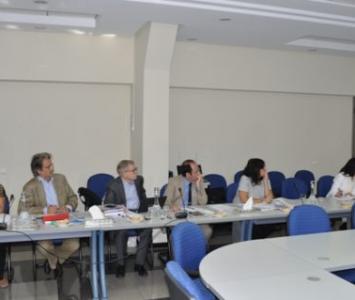 The second edition of International Panel of Futurists
The second edition of International Panel of Futurists
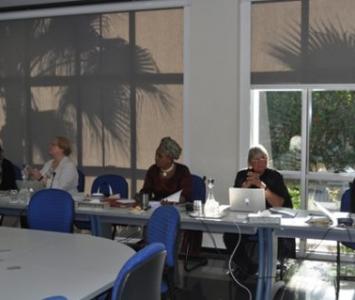 The second edition of International Panel of Futurists
The second edition of International Panel of Futurists
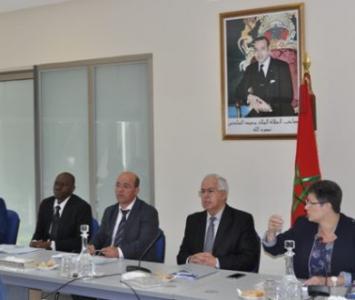 The second edition of International Panel of Futurists
The second edition of International Panel of Futurists
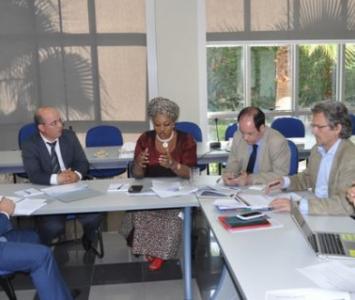 The second edition of International Panel of Futurists
The second edition of International Panel of Futurists
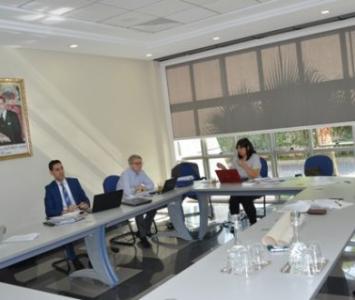 The second edition of International Panel of Futurists
The second edition of International Panel of Futurists
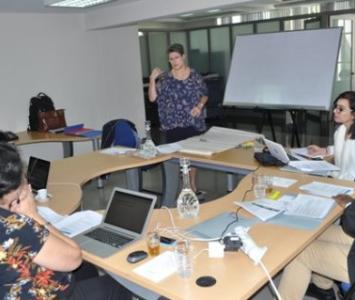 The second edition of International Panel of Futurists
The second edition of International Panel of Futurists
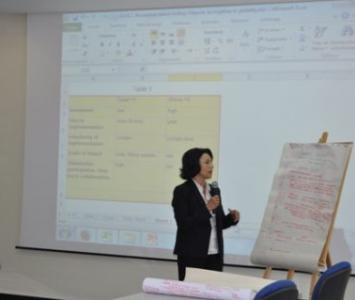 The second edition of International Panel of Futurists
The second edition of International Panel of Futurists
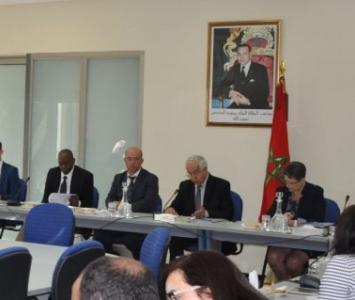 The second edition of International Panel of Futurists
The second edition of International Panel of Futurists
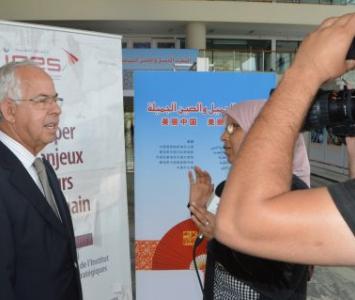 The second edition of International Panel of Futurists
The second edition of International Panel of Futurists
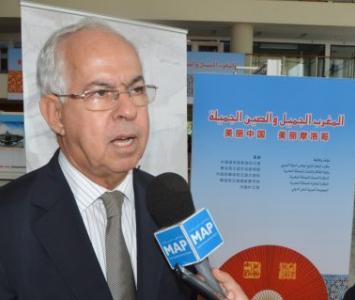 The second edition of International Panel of Futurists
The second edition of International Panel of Futurists
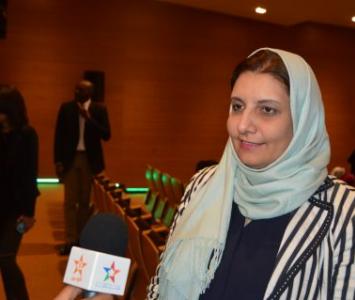 The second edition of International Panel of Futurists
The second edition of International Panel of Futurists
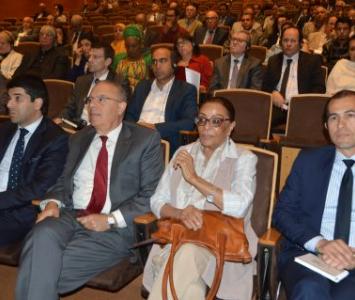 The second edition of International Panel of Futurists
The second edition of International Panel of Futurists
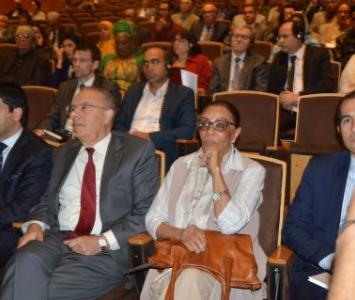 The second edition of International Panel of Futurists
The second edition of International Panel of Futurists
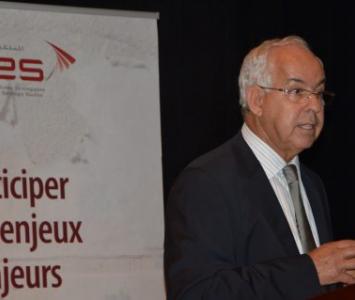 The second edition of International Panel of Futurists
The second edition of International Panel of Futurists
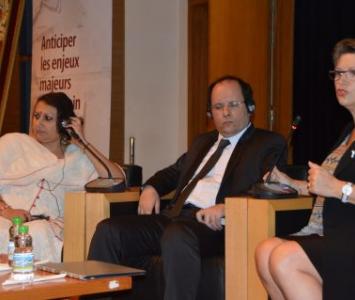 The second edition of International Panel of Futurists
The second edition of International Panel of Futurists
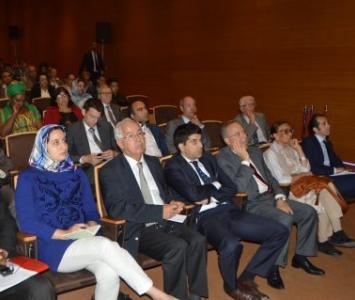 The second edition of International Panel of Futurists
The second edition of International Panel of Futurists
 The second edition of International Panel of Futurists
The second edition of International Panel of Futurists
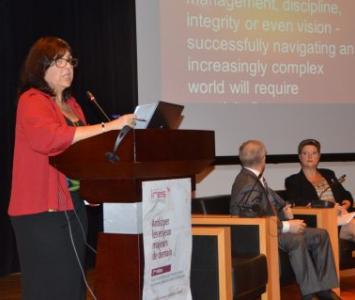 The second edition of International Panel of Futurists
The second edition of International Panel of Futurists
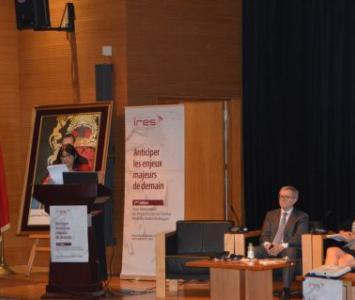 The second edition of International Panel of Futurists
The second edition of International Panel of Futurists
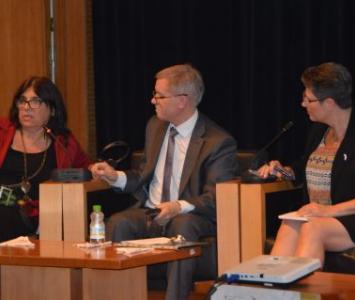 The second edition of International Panel of Futurists
The second edition of International Panel of Futurists
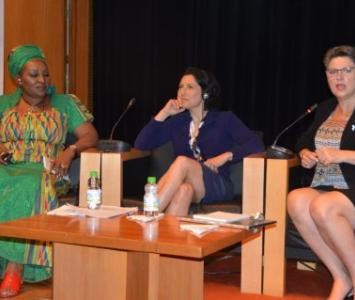 The second edition of International Panel of Futurists
The second edition of International Panel of Futurists
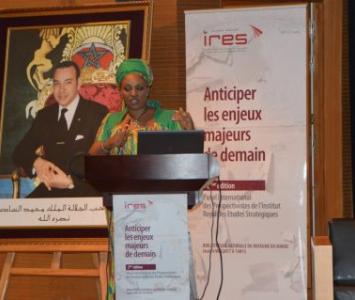 The second edition of International Panel of Futurists
The second edition of International Panel of Futurists
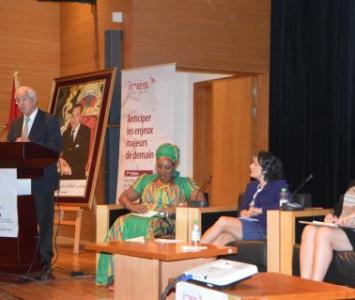 The second edition of International Panel of Futurists
The second edition of International Panel of Futurists
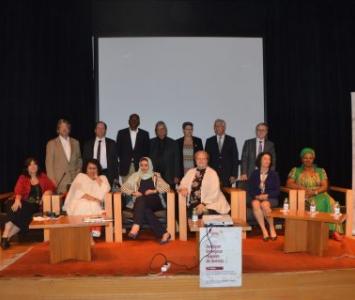 The second edition of International Panel of Futurists
The second edition of International Panel of Futurists
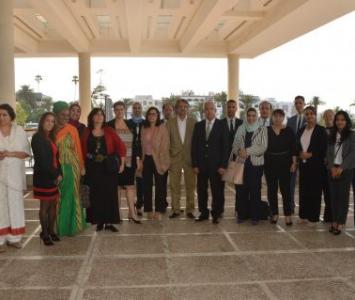 The second edition of International Panel of Futurists
The second edition of International Panel of Futurists





